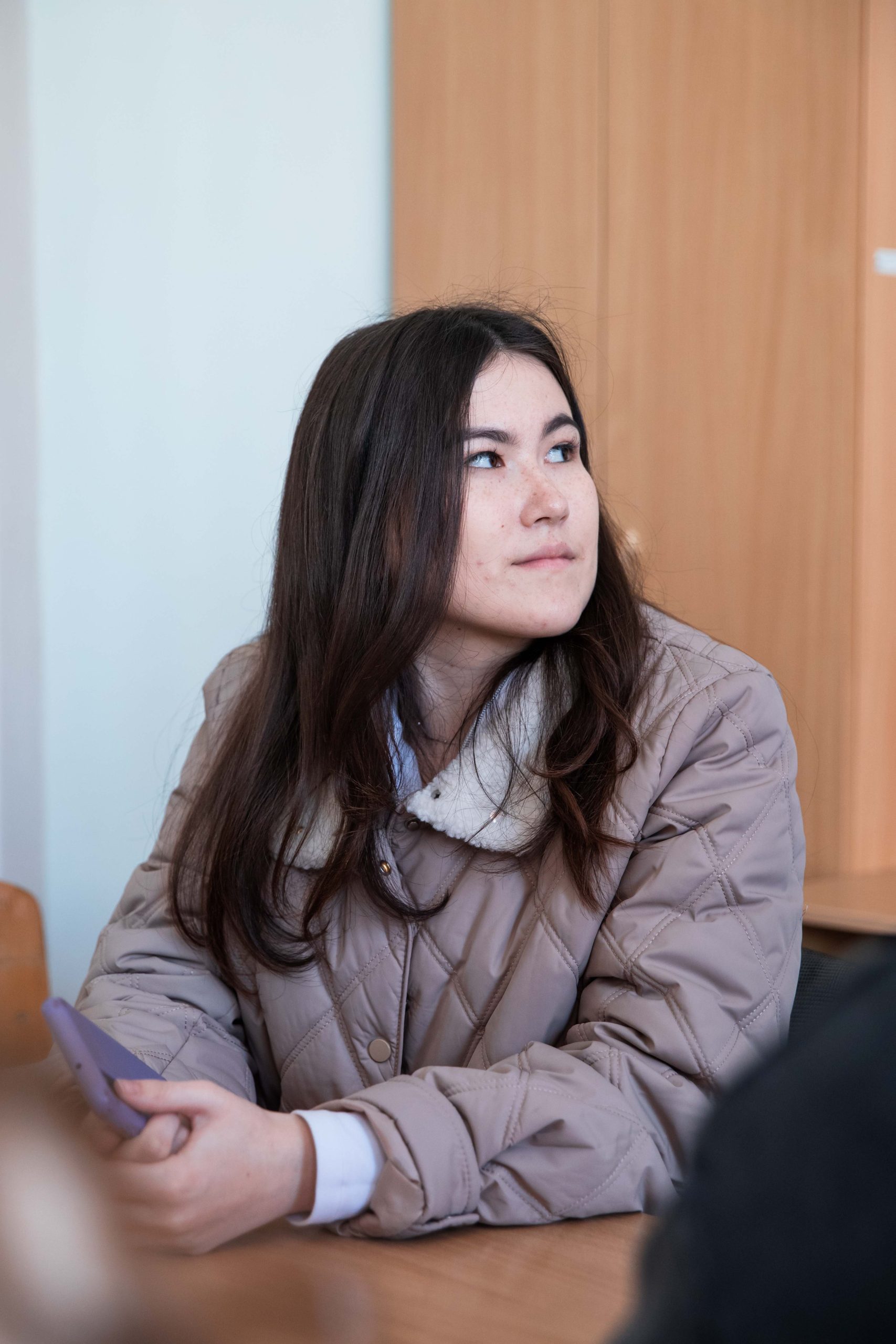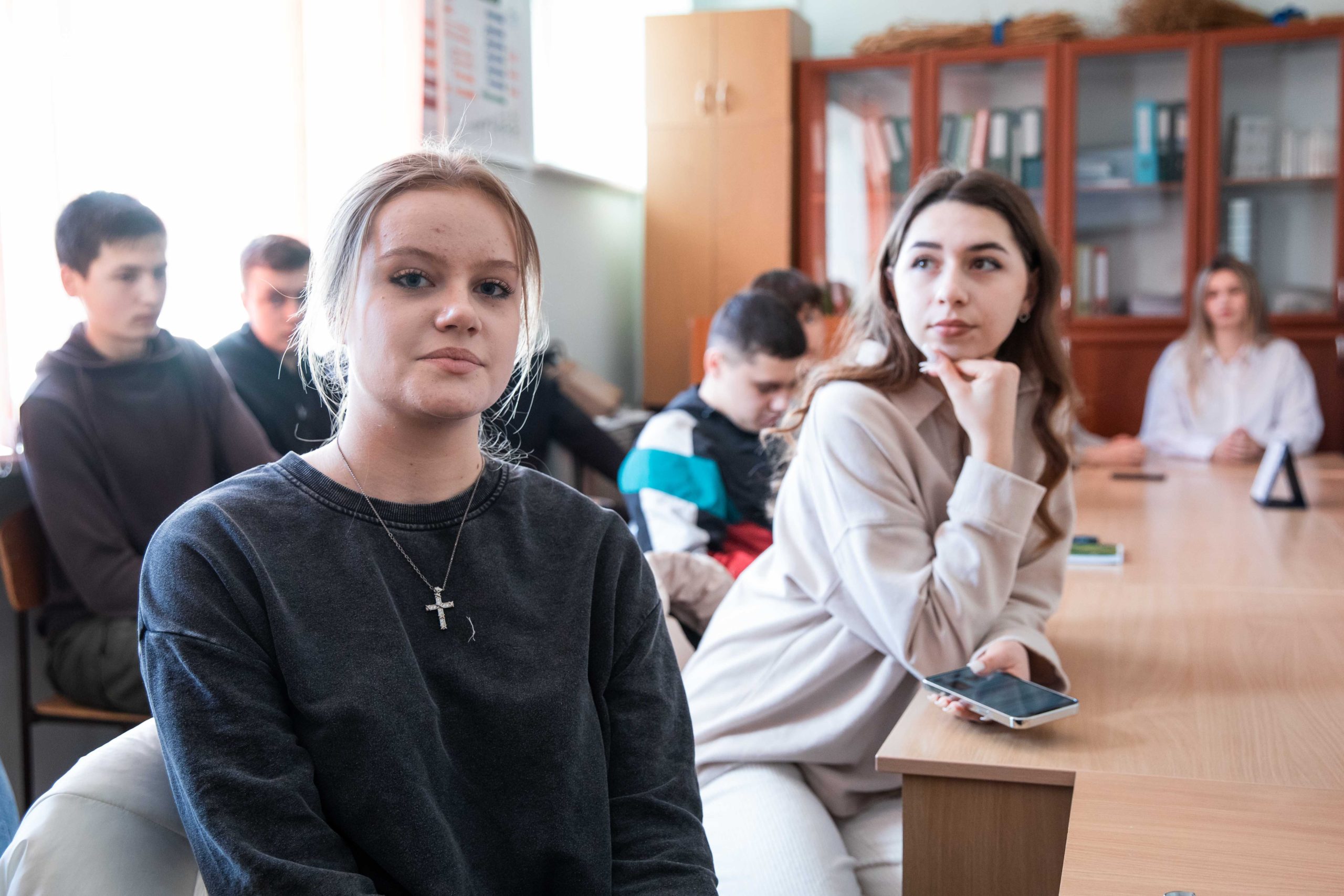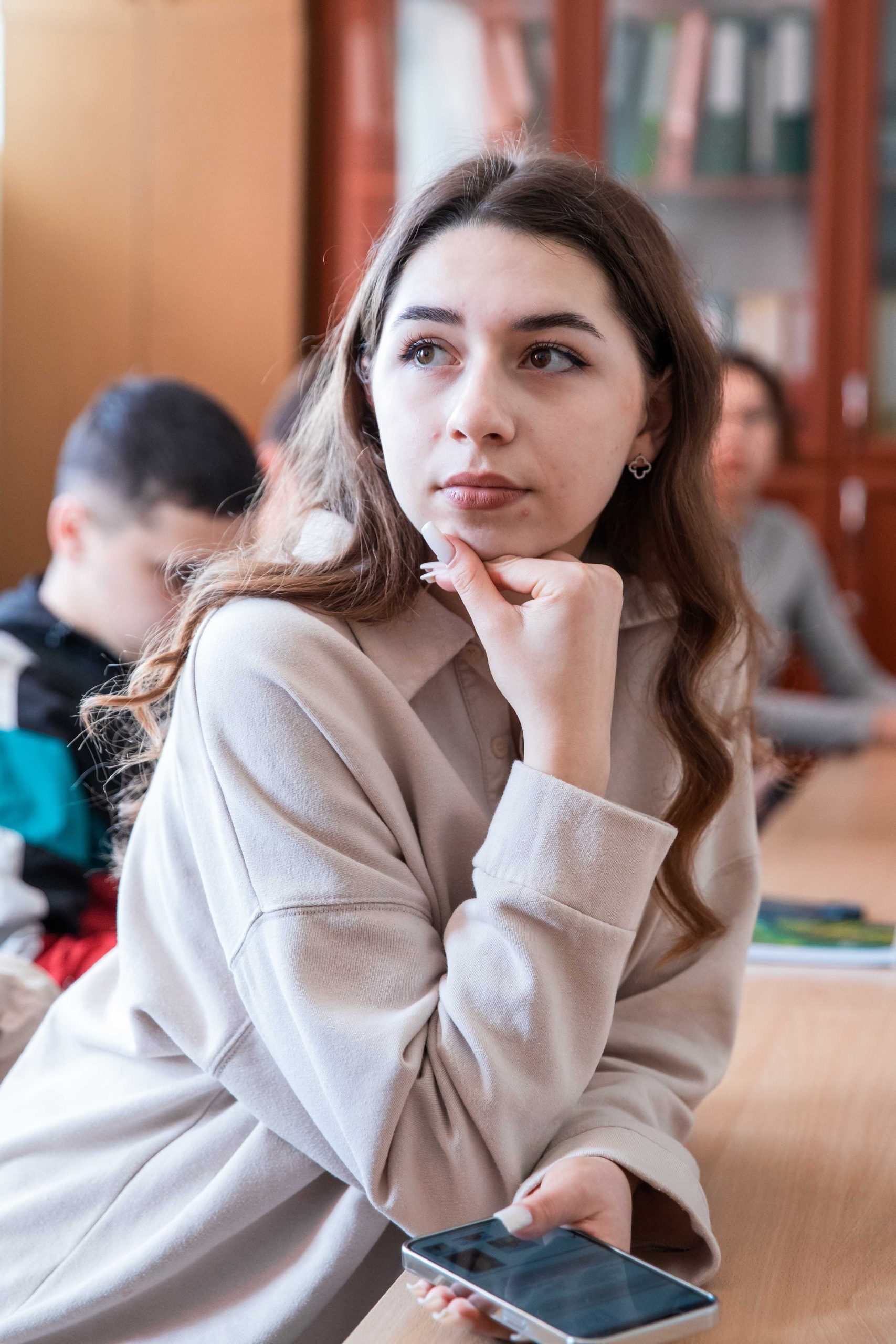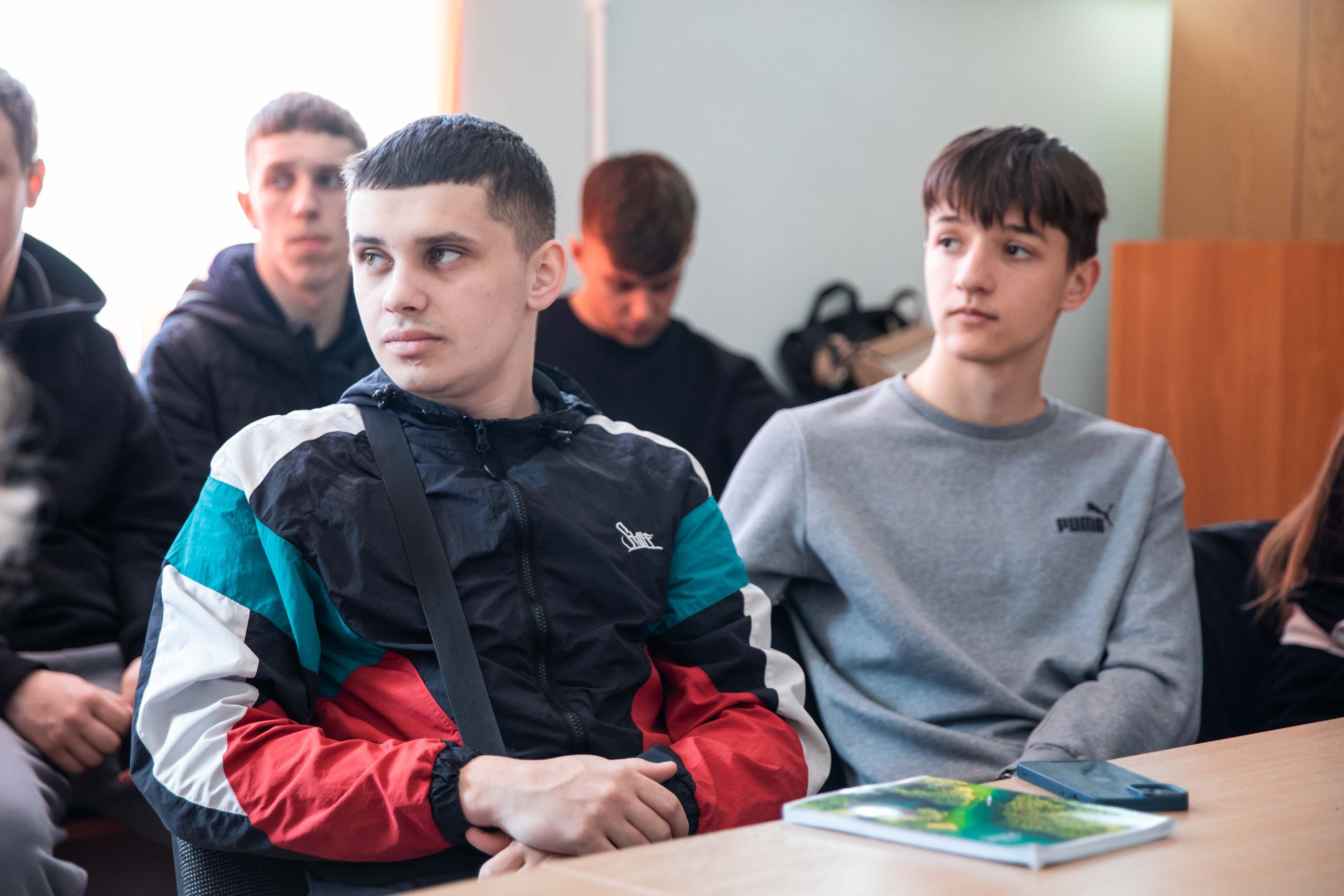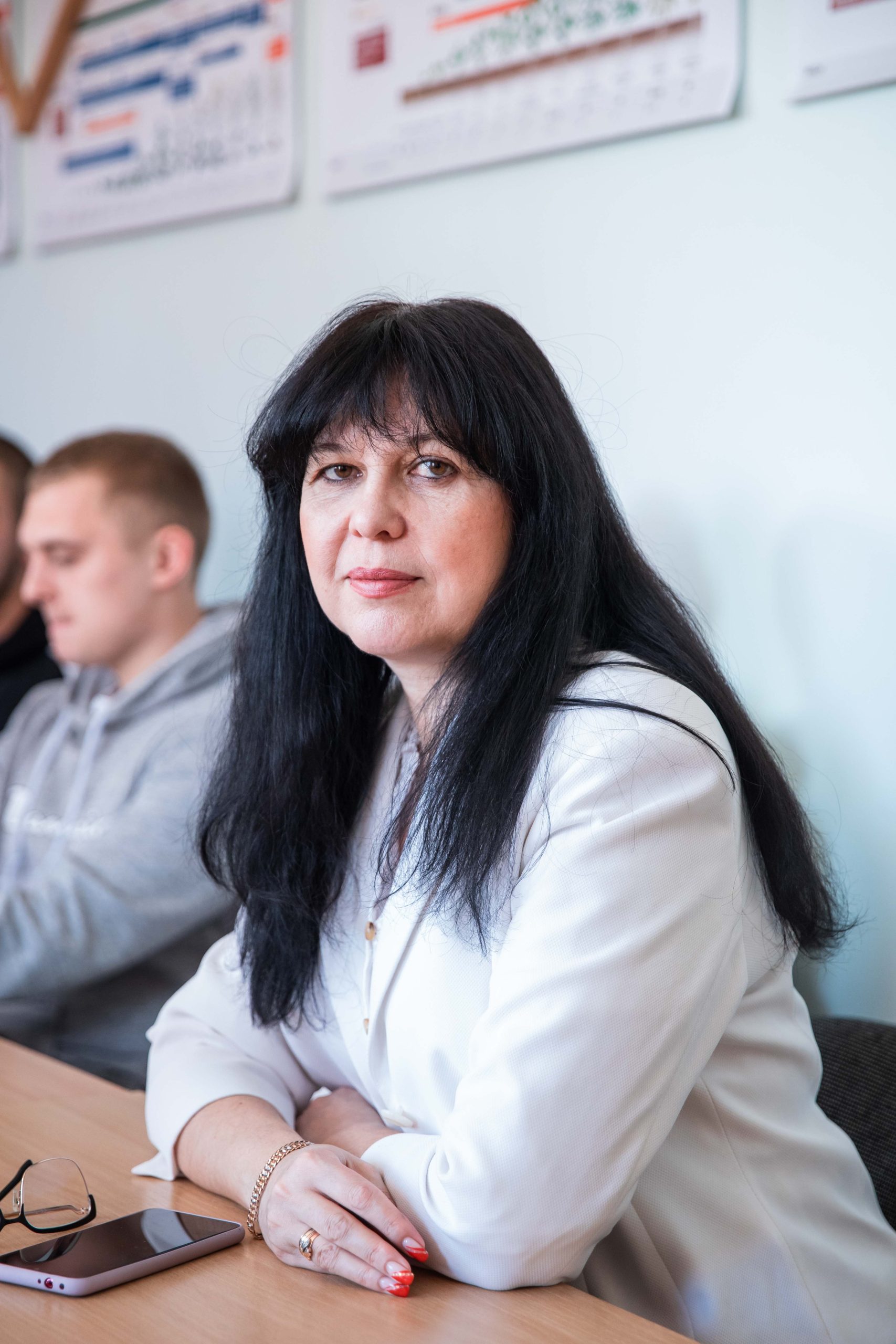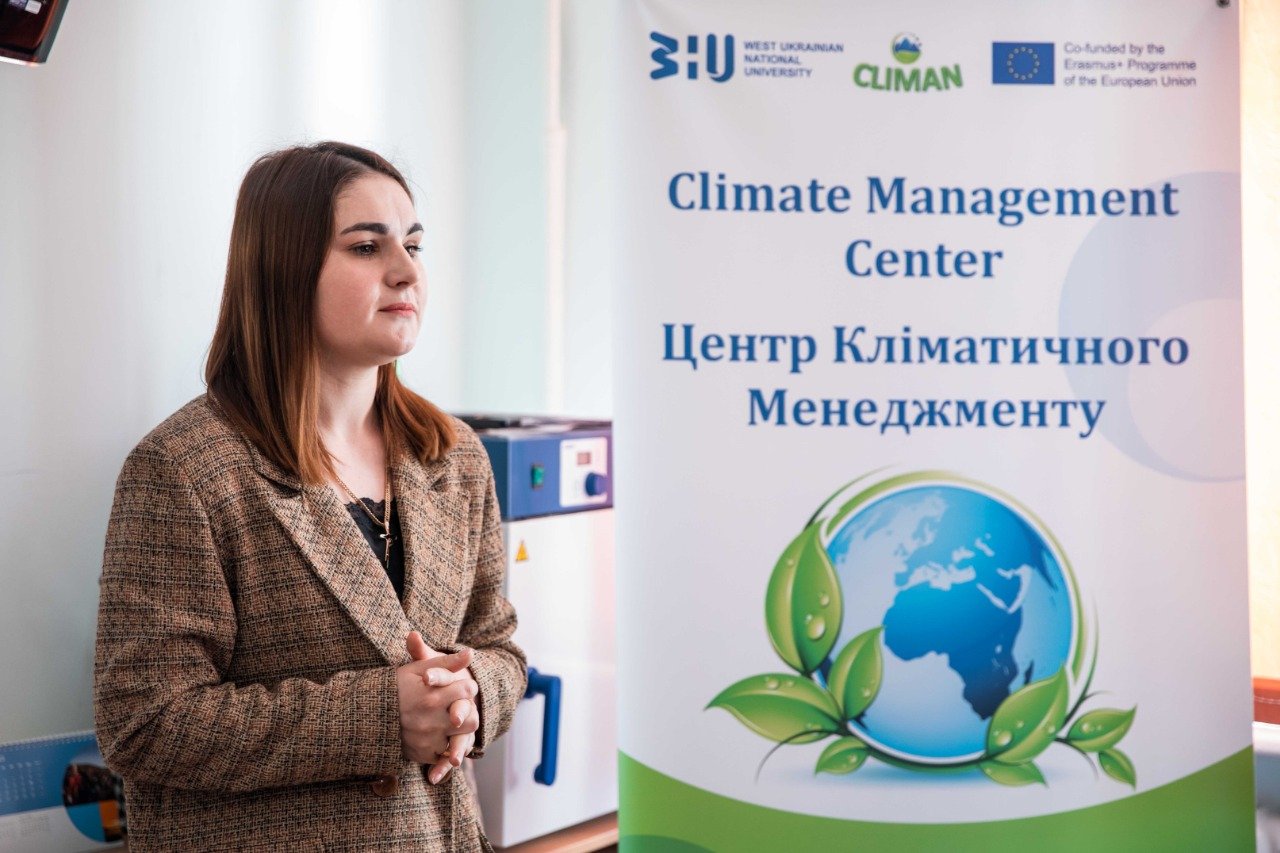The Center for Climate Management of the Western Ukrainian National University, implemented within the framework of the project “Synergy of educational, scientific, managerial and industrial components for climate management and climate change prevention” (CLIMAN 619119-EPP-1-2020-1-NL-EPPKA2-CBHE-JP) under the Erasmus+ program, hosted a round table “European experience of climate change adaptation”.
CLIMAN brings together partners from across Europe to comprehensively study climate change and find solutions. The cooperation of universities, research institutions, governmental and non-governmental organizations allows us to achieve better results through an interdisciplinary approach.
During the meeting, students majoring in Ecology, Agribiotechnology, and Transport Technologies shared their experience of their internship at Turiba University (Riga, Latvia). In addition to professional and cultural enrichment, studying abroad has also become a period of personal development for girls. Living in a student dormitory at the University of Riga helped them develop communication skills and the ability to find common ground with people from different cultures.
The focus of the internship at the University of Turiba was on the issue of climate change, which is affecting our lives – causing warmer winters and hotter summers, threatening humanity, biodiversity and ecosystems.
They also discussed the peculiarities of the transportation industry and the transition to environmentally friendly modes of transportation. The students spoke about the benefits of introducing electric vehicles and public electric transport even in small towns.
Climate change is one of the biggest challenges for humanity in the 21st century. That is why today each of us must take responsibility for preserving the planet. Starting with everyday actions in our daily lives – using resources economically, reducing waste, choosing environmentally friendly modes of transportation – we can make a significant impact.
During the lecture, the trainees noted the friendly and open atmosphere in the Latvian university environment. The girls exchanged ideas, debunked stereotypes, and found a lot in common between Ukrainians and Latvians. Informal communication with local students has opened up new opportunities for intercultural dialogue.
The training process itself was carefully organized, combining lectures by leading experts, practical classes, and informative excursions to enterprises.
During the practical classes, our students had the opportunity to apply the theoretical framework they had learned in practice. In particular, they mastered modern methods of monitoring the state of atmospheric air, soil and water bodies, studied the benefits of introducing electric trains into Riga’s transportation system and the use of solar panels on water bodies.
The girls spent their free time discovering the tourist attractions of Riga and its surroundings. They visited the iconic places of the Latvian capital – the historic Town Hall Square, the majestic St. Peter’s Cathedral, and traveled to the ancient town of Sigulda. I was especially impressed by the Museum of the Occupation of Latvia, whose exposition tells about the historical past of Latvia.
It is worth noting the support of Latvia that the internship participants felt.
In general, the training implemented under the project “Synergy of educational, scientific, managerial and industrial components for climate management and climate change prevention” (CLIMAN 619119-EPP-1-2020-1-NL-EPPKA2-CBHE-JP) under the Erasmus+ program, at the University of Turiba (Riga, Latvia) has become a comprehensive and multifaceted experience for the girls, which has significantly expanded their professional and life opportunities and inspired them to further fruitful work in the field of climate and environmental protection.
That is why meetings at the Climate Management Center play an extremely important role, as they remind us of the urgency of the climate change problem and inspire us to take action to address it. Today, the main task of the girls who have returned from their internship is to spread knowledge about climate change and encourage others to join the fight against this global problem.


